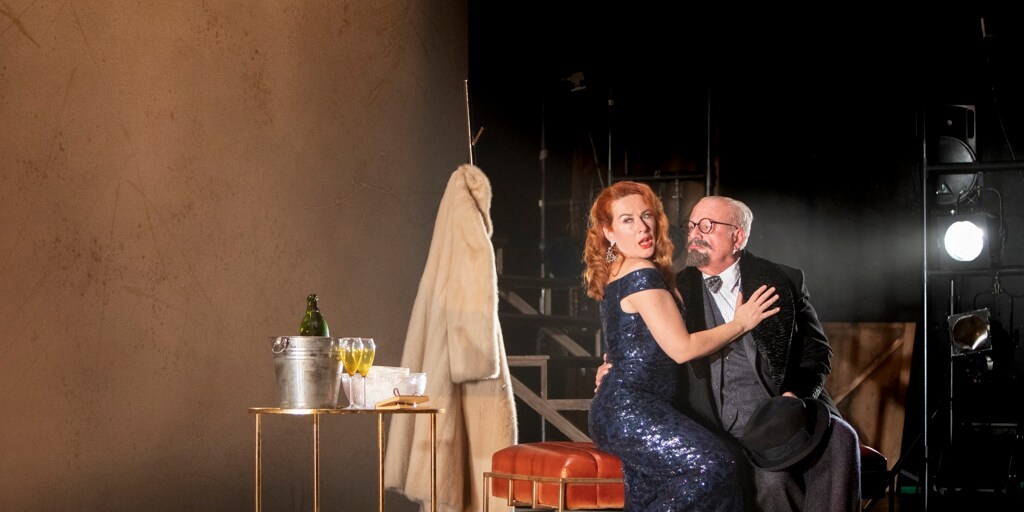Keep
‘To be or not to be’Theater of La Latina, Madrid
Bringing to the theater one of the great films in the history of cinema such as ‘To be or not to be’, Ernst Lubitsch’s masterpiece, is a double-edged sword. On the one hand, it is difficult to spoil the story told in a script that borders on, if not quite, perfection; but, at the same time, the bar is very high and, despite being a different medium, it can cause great disappointment. This is not the case with the show directed by Juan Echanove and premiered at the Teatro de La Latina in Madrid, a magnificent show where smiles, laughter and emotion are all possible, and in which the pitfalls posed by the translation of the audiovisual language to the stage.
He admires and is surprised that Ernst Lubitsch -the original story was his and Melchior Lengyel’s, and the screenplay was written by Edwin Mayer- had the necessary distance to, in the midst of a world war, laugh at the situation and turn tragedy into comedy. Possibly, the apostles of political correctness would have thrown themselves on top of the German director and, perhaps, he would not have been able to shoot the film. It is shocking that, eighty years after its premiere, and in the 21st century, the events it tells bear so much resemblance to today’s reality.
‘To be or not to be’ tells the story of a Polish theater company in the days before the invasion of Poland by Adolf Hitler’s troops; a series of circumstances will force the actors to get involved in espionage and collaborate with the Resistance, which will lead them to become heroes of the country. All this wrapped up in a story dotted with jealousy and egos, love affairs and risky situations that is also a declaration of love for the theater and the actors.
Bernardo Sánchez, Juan Echanove’s main adapter -his first collaboration, ‘El verdugo’, dates back to the year 2000-, manages to make the story breathe on stage with the same naturalness as on celluloid and sows the text with mines, some of homegrown, which make the viewer burst with laughter when he walks through them. Juan Echanove directs the performance with exactness in the baton, fairness in tone and care for his tuned instrumentalists; the use of cinematographic images serves him, in addition to avoiding pitfalls, to pay a beautiful and subtle tribute to Lubitsch’s film. His incarnation of the egomaniac Josef Tura is as comical as it is thorough, as fair as it is colored; At his side, Lucía Quintana composes a deliciously mischievous Maria Tura, and the rest of the performers bring efficiency to the different roles they play.
–

